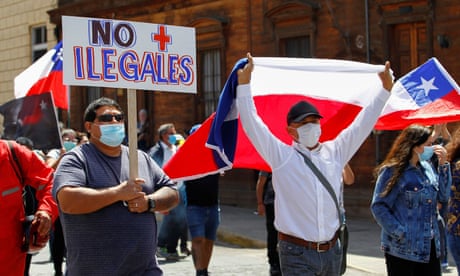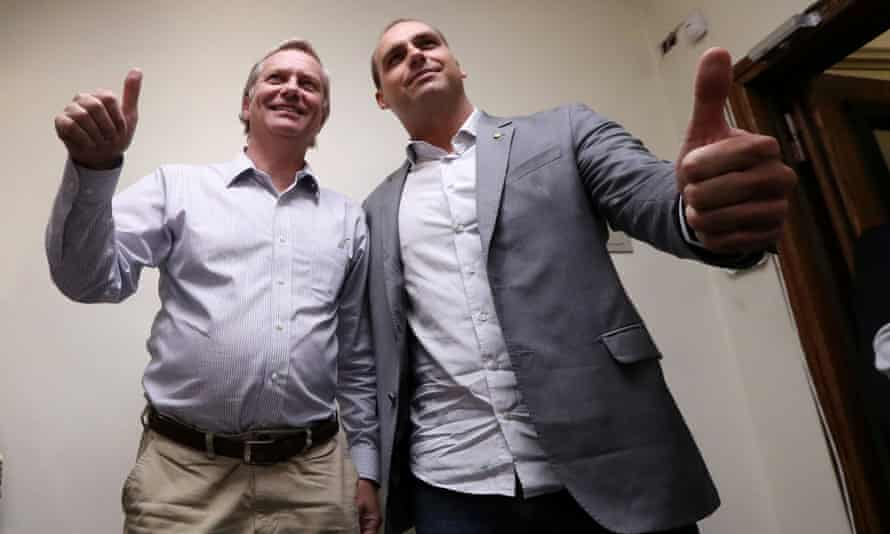openDemocracy’s work prompts Russian health ministry to discuss the dangers of unproven treatment backed by US Christian conservatives


Tatev HovhannisyanLiza Velyaminova
17 December 2021, 10.37am

Illustration: Inge Snip. All rights reserved
Russia’s health ministry has agreed for the first time to consider the dangers of a controversial ‘abortion reversal’ treatment, after openDemocracy revealed that it had spread into the country from the US.
The commitment came after we went undercover to show how easily the ‘treatment’ known as ‘abortion pill reversal’ (APR), developed and promoted by conservative Christian groups in the West, could be obtained in Russia – despite international health warnings against the procedure.
Russian women’s rights campaigners hope that “urgent concrete actions” will follow the response of the health ministry. Although Russia has one of the world’s most liberal abortion laws, last year President Vladimir Putin ordered the government to step up efforts to prevent abortion. “However, the ministry's reaction means that there are still officials among them who think about women’s health,” Alena Popova, human rights activist and founder of the Ethics and Technology think tank, told openDemocracy.
APR was first developed by a controversial Californian GP who now works as an adviser for the religious anti-abortion US charity Heartbeat International. It is an unproven procedure that supposedly halts and reverses the effect of a medical (rather than a surgical) abortion. It involves taking huge doses of the hormone progesterone, after having taken the first (mifepristone) of two pills used in a medical abortion.
But the only trial into APR, in the US in 2019, was halted after some participants ended up in hospital with severe bleeding.
What’s more, experts also doubt APR’s efficacy, explaining that most medical abortions do not work if the second abortion pill (misoprostol) is not taken. Anti-abortion doctors administer APR after the first abortion pill only – meaning that its supposed effects may be non-existent.
Undercover investigation
openDemocracy went undercover to investigate how ‘abortion pill reversal’ has spread to Russia. We contacted a 24-hour APR hotline run out of the US by Heartbeat International, who gave us information about Agari, a so-called “maternity home” in Russia.
We spoke to an American volunteer at Agari, who described it as a “shelter for immigrant women of Central Asia experiencing unplanned pregnancies”. She then directed us to their Russian “partner medical centre”, Agape, and also offered to cover the costs of APR treatment.
An online consultant at Agape said they would provide our reporter with an “abortion reversal” service.
The Heartbeat International hotline also gave us details of the Russian APR network, Peredumala.ru (Russian for ‘change my mind’), where a gynaecologist encouraged our reporter to take the “treatment” and claimed: “There is absolutely no harm from progesterone.”
When shown our evidence, the health ministry conceded the treatment was “controversial” and said it was being “discussed” internally.
Meanwhile, Russian politicians, doctors and human rights activists condemned the promotion of APR in Russia as “inhumane” and “very dangerous”.
“A doctor can’t guarantee that the pregnancy will proceed normally if a woman ‘reverses’ her abortion,” said Russian gynaecologist Olga Pustotina. For Russian women’s rights activist Zalina Marshenkulova, APR is “inhumane”.
Russia is using the most aggressive technologies of Western conservatives and anti-abortion fighters
“It can harm women and put their lives at risk,” Oxana Pushkina, a former Russian MP, told openDemocracy. She added: “Russia is using the most aggressive technologies of Western conservatives and anti-abortion fighters as a carbon copy.”
Popova from Ethics and Technology said that the spread of APR in Russia was connected to pressure “from pro-life organisations”: “They believe that the birth rate is more important than women’s health and the health of their children.”
In response to questions from openDemocracy, Heartbeat International said “the protocol used in the abortion pill reversal process is nothing new. [...] Progesterone has been used routinely and safely with pregnancy since the 1950s.”
“More than 2,500 lives have been saved thanks to the abortion pill reversal protocol,” the group claimed.
Growing APR network in Russia
Abortions are legal in Russia as an elective procedure, free of charge, up to the 12th week of pregnancy, and later under special circumstances. The country had the highest number of abortions per capita (37.4 per 1,000 women aged 15–44), according to data published in 2013 by the UN.
Now, almost 100 years after Soviet Russia became the first country in the world to legalise abortion, anti-abortion narratives are back.
President Putin is a well-known defender of “traditional values”. In October, Moscow joined the anti-abortion Geneva Consensus Declaration, initiated by the Donald Trump administration. On the same day, Republicans in the US Congress introduced resolutions insisting that there should be no international right to abortion.
According to articles on the websites of Pregnancy Help News (“powered by Heartbeat International”) and the National Catholic Register, Russia’s “growing” APR network is overseen by Dr. Alexey Fokin from St Petersburg, who promotes the method through Peredumala.ru, which he founded.
Fokin has been helping “reverse chemical abortions” for five years with the help of “three physicians and several registered nurses in multiple regions of Russia,” Pregnancy Help News claims.
Peredumala.ru encourages women to buy progesterone from a pharmacy, suggesting that they can avoid the need for a prescription by saying they were “told to buy it in the hospital”.
In 2017, Fokin founded Dve Poloski (Russian for ‘two lines’, in reference to a pregnancy test), a “regional public organisation […] to protect children, pregnant women and traditional family values.”
He is also linked to the website Postabort.ru, which provides references to books, articles, research and stories that describe the alleged negative psychological effects of abortion on women’s mental health.
Fokin described our findings as “absolutely stupid,” “mistakes” and “lies”, but did not comment more specifically.
The phone number for the APR hotline on Peredumala.ru is identical to the hotline listed on the website of the anti-abortion programme Spasi Zhizn (‘save a life’), where priests are listed as responders alongside doctors and lawyers. The programme was launched in 2017 by Za Zhizn! (‘for life’), a national ‘crisis pregnancy centre’ that is supported by the Russian Orthodox Church.
Za Zhizn! claims to “ensure the protection of children from conception to birth, approve traditional family values” and “solve demographic problems”. Its leader Sergey Chesnokov has called abortion “murder”. In 2017, he was told by President Putin: “What you are doing in terms of supporting pregnant women – to decide whether to leave a child or not – is absolutely right. […] I am ready to do everything in order to support you in this part of your work.”













